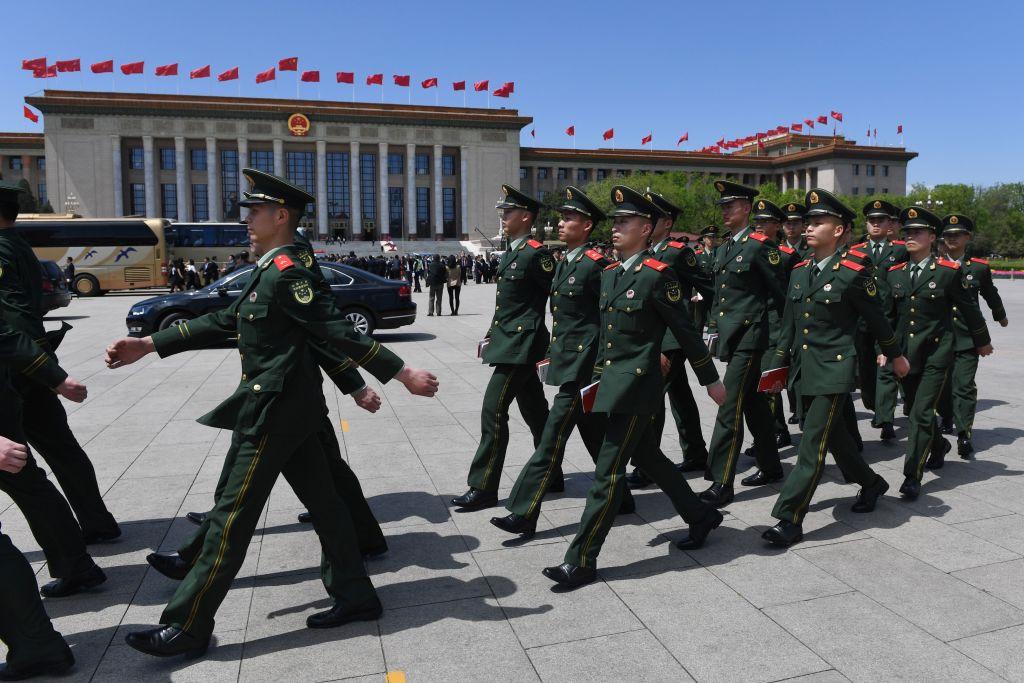A former police chief in Xinyang City, in China’s central Henan Province, used a detailed price list to determine how much in bribes that officials should pay him in order to gain a promotion.
Li Changgen “sold” official ranks in the local police system to at least 30 people, according to a court verdict that was recently leaked online, the contents of which were reported by many Chinese media, including the Law Court Evening News, a state-run newspaper.





